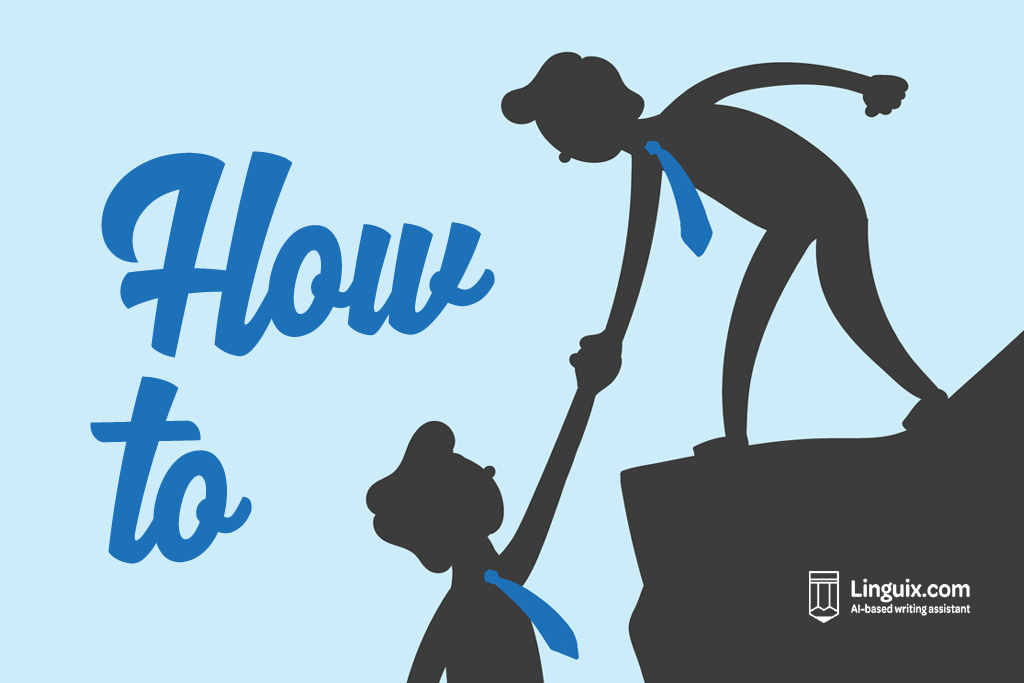
Did you know that one in five adults in the United States suffer from some form of mental struggle every single year? That can range from feelings of severe depression to mild anxiety, but it is an incredible number, and if you are one of those 20%, then you can see that you are far from alone. Let that be some sort of comfort to begin with.
But you absolutely must ask for help. It doesn’t matter if you have never asked for help from anyone before. In fact, if you have never asked for help, that’s even
It doesn’t matter who you are, how old you are, or what your problem is, you should always reach out to others. Nothing good ever comes from dealing with everything on your own. A problem shared is a problem halved, as the old adage goes. And though it may seem that this is impossible, that the issue is something that only you can deal with, it is always better to let others know how you feel. Most of the time people might not even know there is a problem, and it is only this that is preventing them from helping you.
Professional support
Of course, if you are suffering from any form of mental illness, be that anxiety, depression or something else, it is always a good idea to seek out professional help. Here are just some of the organizations you can reach out to:
National Alliance on Mental Illness
National Institute of Mental Health
These are country-wide services in the United States. If you live outside the States, or are looking for a local service, there are plenty of options which can be accessed through this list here.
Informal support
Outside of professional support, which is definitely recommended, it is really important to reach out to friends and family in your time of need. But finding the language to do so can be really, really tough. It may be that you are not used to discussing your feelings at all. Maybe you are, but this time the feeling is more profound, and you are seeking the words that adequately express the depth of the problem this time around.
Finding the words
It is not an easy situation by any means. Any help can be good. So, here are some things you can say to that trusted loved one, friend, colleague or whoever it may be, to let them know that things are not okay. And remember, that’s okay too:
1) You may have noticed that I haven’t been myself lately [you could give some example here, such as not wanting to hang out, been a bit quiet etc]. The reason for that is because [try to explain what you are feeling, or what you are going through]. Can you help me [and if you have a specific idea, even if it’s just to chat, then say it here]?
This is a good way to broach the subject for the first time with someone, who may already suspect that there is something going on. But it doesn’t matter if they don’t. The point is that you are saying it out loud for the first time, which is a fantastic start. This is the first step to getting better. You are telling someone that not everything is okay, and you need help. This is a really positive move.
2) I have never said this to you before, but I am suffering from [describe your mental illness, and state for how long this issue has been going on]. The effect on me is [describe the symptoms and consequences]. Please can you [state what you need for help]?
Opening up about your issues, no matter how long you have been suffering from them, is a really important moment – it means you are no longer going to carry this burden alone. You don’t need to say why, if there is a particular trigger, but instead talk about how it causes you to feel and behave, and be as open as possible about what can help you in this situation. If it affects your work, then you need to be honest about this with someone at work, be it your boss, or an occupational health therapist. It could even be a sympathetic colleague. The important thing is, don’t hide what you are suffering with. You are not alone.
3) Thank you for helping me in the past when [a reminder of what that was]. I need your help again, can you [state what you need]?
If you have opened up before, and now it’s happening again, don’t be afraid to talk about the previous time, and to use it as an indication of how serious the situation is again. Early intervention can be really important. Don’t pretend that it never happened, but instead use those memories to work to a quicker solution with the help of those same people, or others that you can trust.
Additional articles
It’s really important that you seek help. If this article has helped, but you still perhaps don’t feel ready or able to shape your words, some of these articles may be a gentle prod in the right direction. Remember, you are not alone.
How to Ask For Help with Mental Health Care
This Is How To Talk To Your Employer About Mental Health


